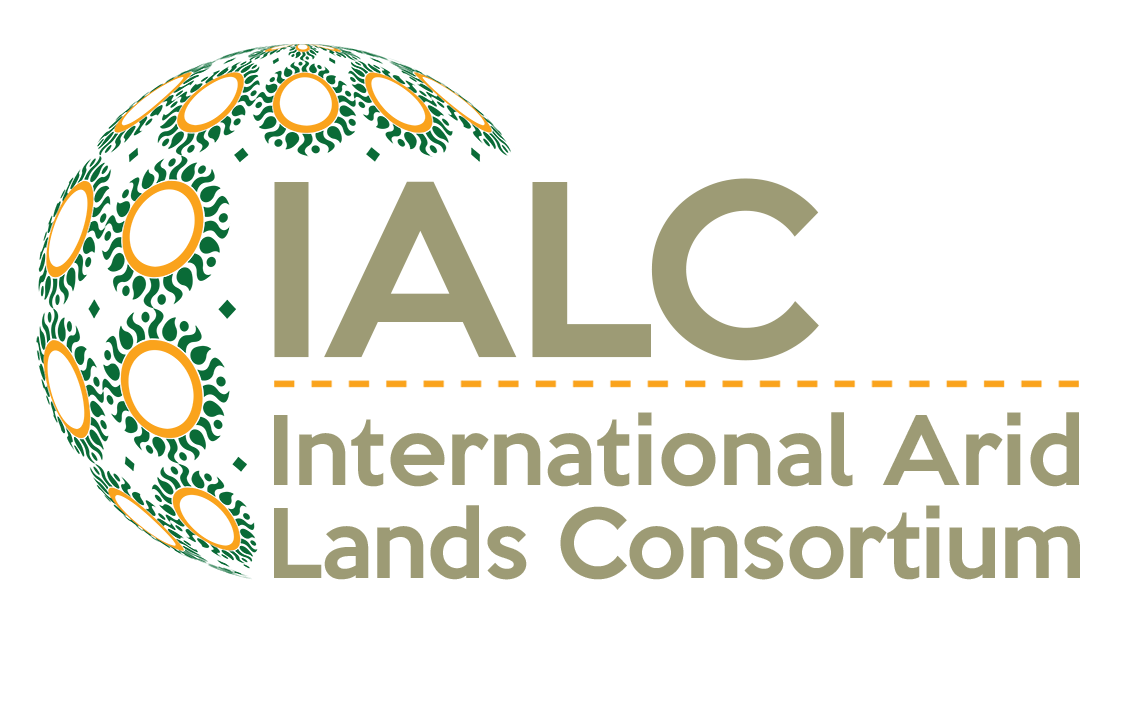Preface for Assessing Capabilities of Sol and Water Resources in Dryland
Donald A. Hegwood (former IALC Executive Vice President)
Rapidly developing information technology and associated dissemination capabilities make possible major advances in the sustainable management of arid land and water resources. These developments challenge scientists and information management professionals to work together to develop their potential to benefit arid lands people through training and the application of technologies appropriate to specific regions.
The International Arid Lands Consortium, with its goal to be the leading international organization supporting ecological sustainability of arid and semiarid lands, provides an effective forum for arid lands scientists and information management professionals to work together toward this goal and thus encourage harmony among competing regional interests and future stability for water development and management.
The International Arid Lands Consortium (IALC) was formed in 1989 as an independent, nonprofit organization that seeks to address problems in arid and semiarid zones caused by desertification, loss of agricultural productivity, over-harvesting of trees for fuel, and human and animal pressures. The promotion of cooperative research and dissemination of knowledge and training of professionals necessary to apply that knowledge in the United States and abroad is the IALC’s ultimate goal. The IALC was authorized by Congress in 1990 and that authorization is contained in 7 U.S.C. §3291 (a)(8).
Using its milieu of research and demonstration projects, training projects. workshops, and conferences, the IALC holds the potential to combine remote sensing technologies with satellite communications capabilities to develop, collect and process real time and latent data/information for application by decision makers and managers. In that regard, assembling and developing manageable access to large amounts of already-recorded information by diverse clients on a global basis is a major challenge that requires scientific and technical professionals to understand the limitations and potential of each. While developing new information remains a mainstay of the IALC’s program, demonstrating the application of known technology and other information and training clients in its use assumes new importance for the Consortium and opens new vistas for its role of service to arid lands sustainability.
The International Arid Lands Consortium gratefully acknowledges the support of the USDA Forest Service and the USDA Cooperative State Research, Education, and Extension Service.
Back to conference page
